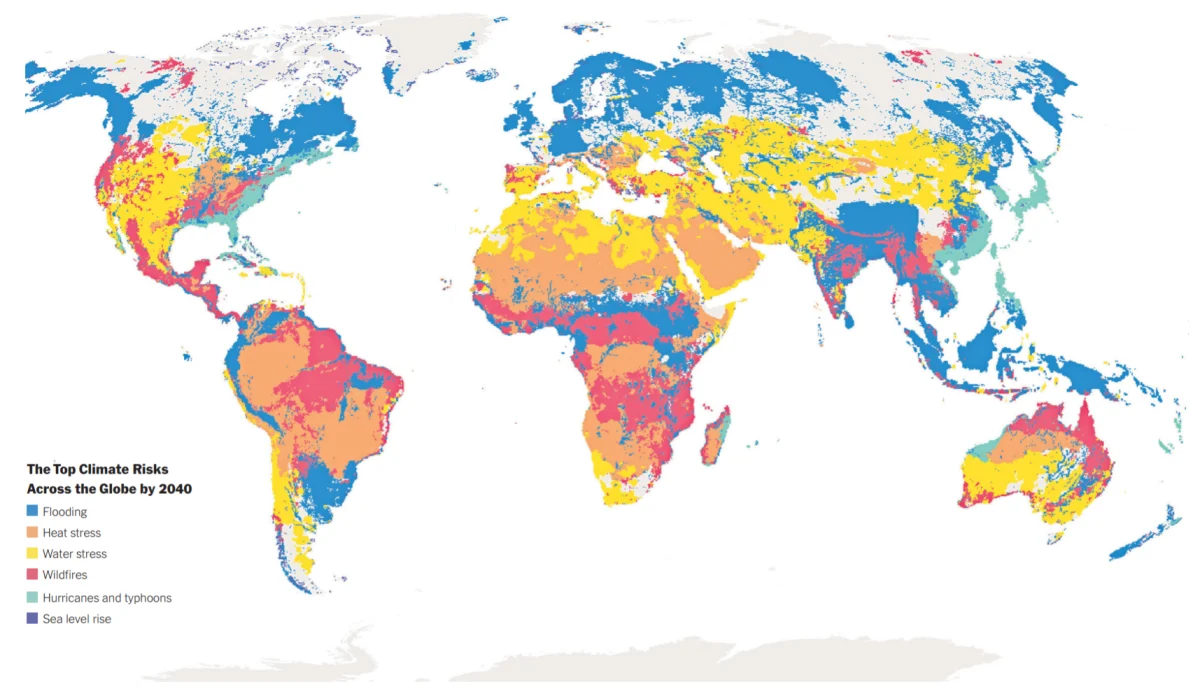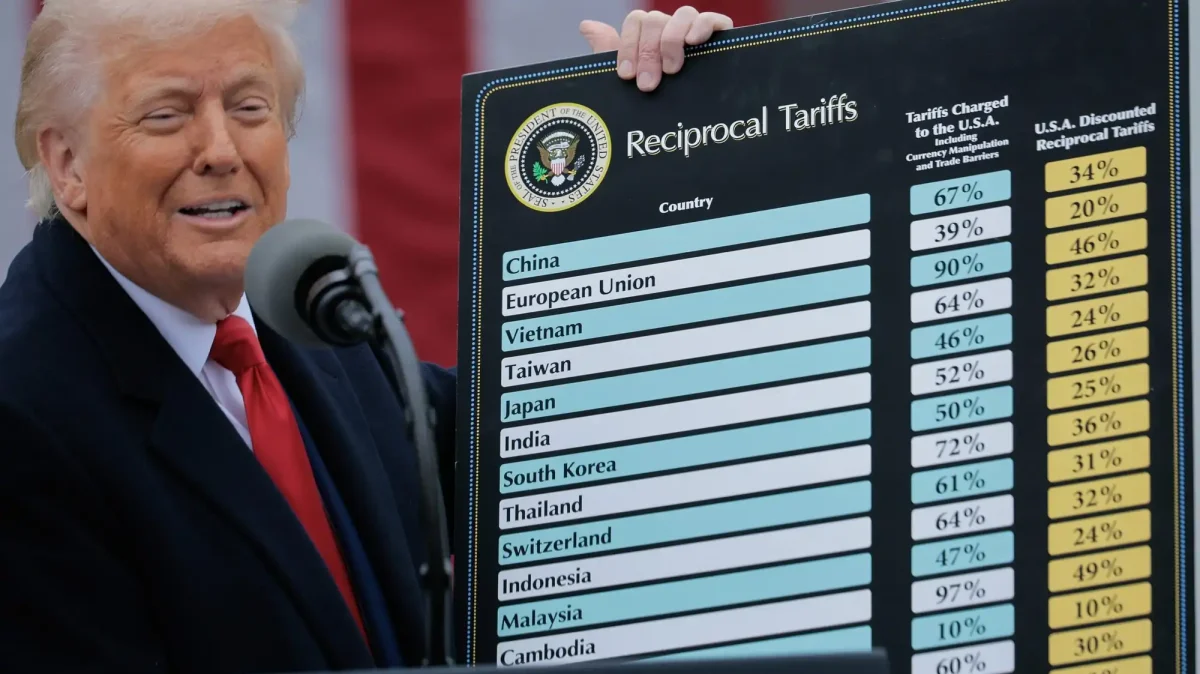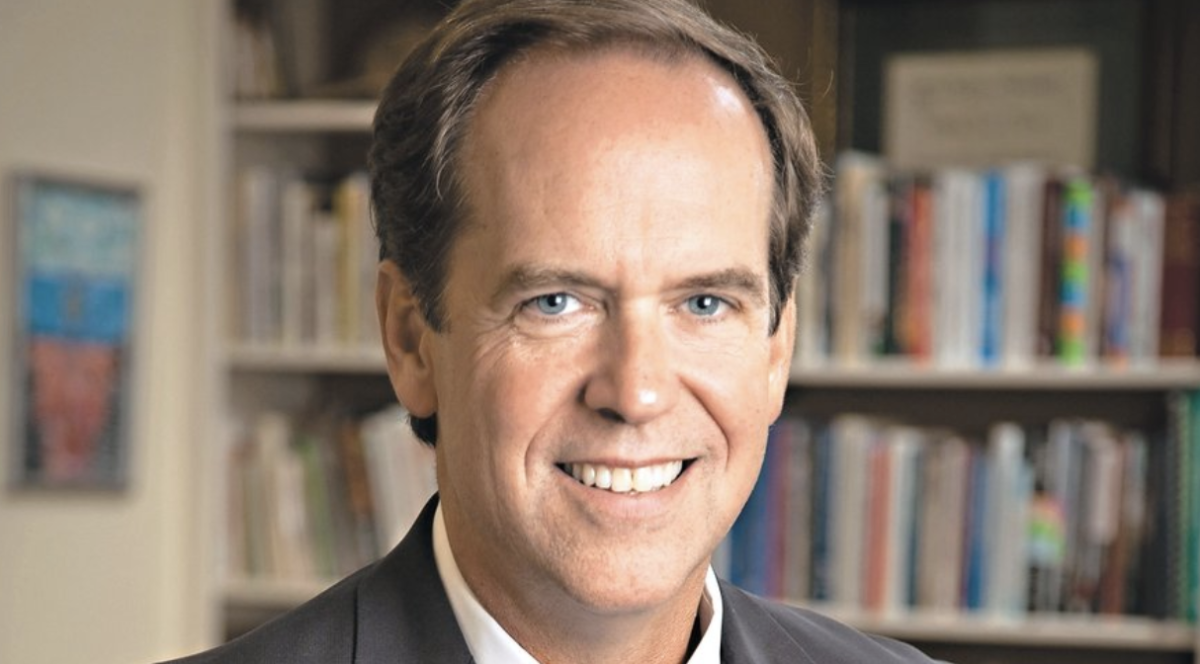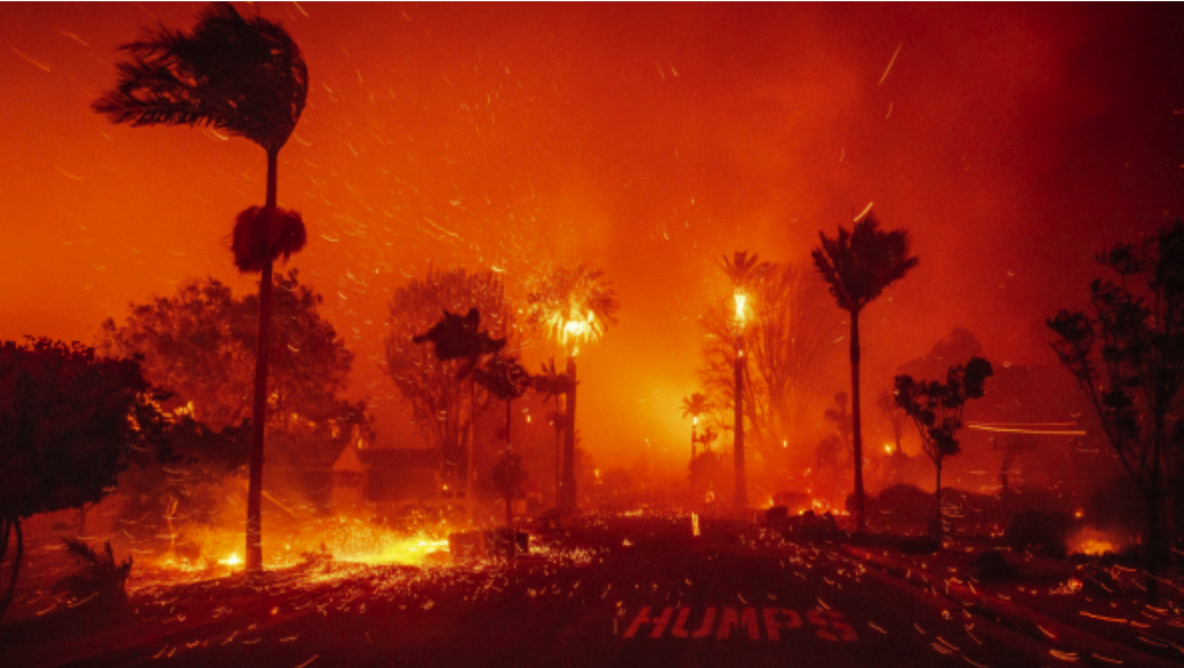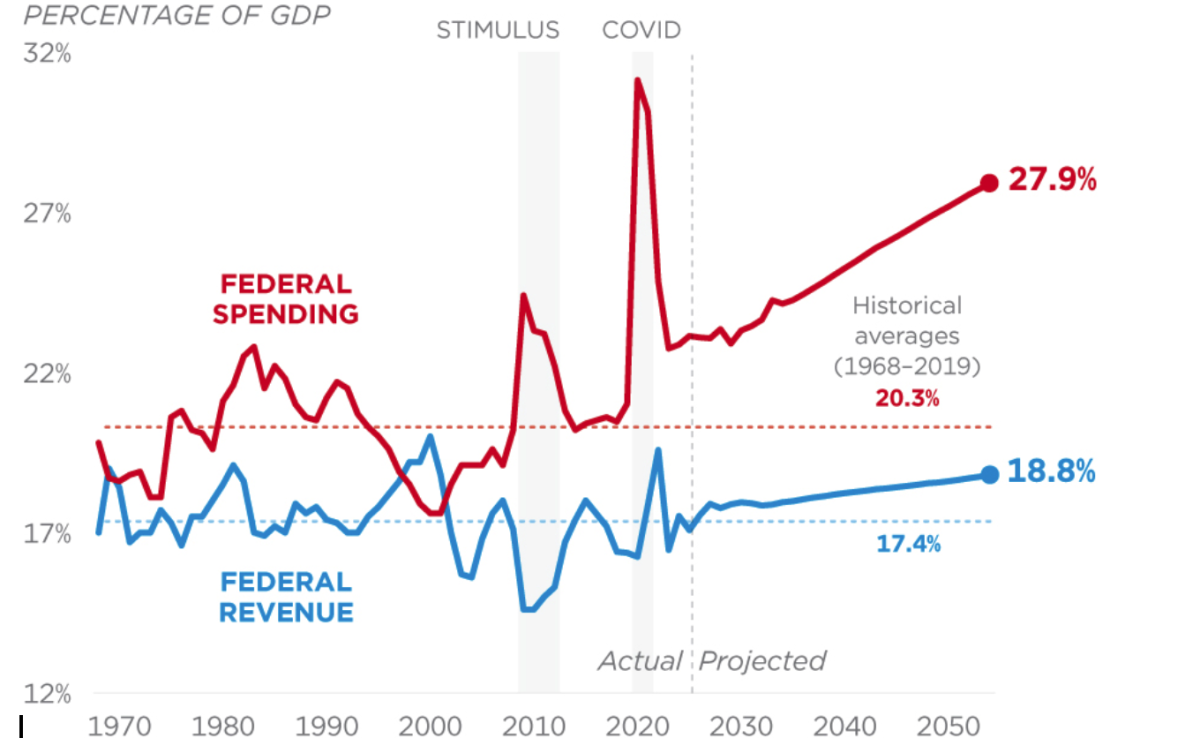This summer shattered records as the hottest in history, a stark reminder that the climate crisis is accelerating at an alarming rate. With each year becoming progressively warmer, the question isn’t just how we can adapt, but who is taking action. Amid these issues, young people across Georgia are stepping up, tackling environmental challenges through local action and advocacy. Their efforts are clear to show that the next generation is determined to make a difference where it matters most.
Climate change refers to the long-term shifts in temperatures and weather patterns. These shifts may be natural, but since the 1800s, most can be traced back to human activities. Humans and large corporations have been the main drivers of climate change, primarily due to the burning of fossil fuels– coal, oil, and gas– which produce heat-trapping gasses. This has led to the climate crisis in which rising temperatures fuel environmental degradation, natural disasters, weather extremes, and food and water insecurity for certain communities. But most notably? , it has affected the health of people all over the world.
Climate change poses many threats to the health and well-being of all Americans. It affects the food that we eat, the air we breathe, the water we drink, and the places that shelter us. Global warming can impact human health in both direct and indirect ways. Extreme heat waves, rising sea levels, changes in precipitation resulting in flooding and droughts, and intense hurricanes can directly cause injury, illness, and even death. Human health can also be indirectly impacted by the alterations to the environment. For example, worsening air pollution levels can have negative impacts on respiratory and cardiovascular conditions. Changes in temperature and rainfall can alter the survival, distribution, and behavior of insects and other species which can lead to changes in infectious diseases. Increases in precipitation, storm surge, sea temperatures, and other natural disasters can lead to more water-related illnesses. The crisis can also affect food safety, exposing more people to contaminated food, or reducing the amount of food available for certain communities, harming their health as well.
Climate change is a universal issue, impacting everyone around the world, regardless of where you live or who you are. Moreover, the communities within Georgia have been significantly affected in various ways, with human health being heavily impacted by numerous factors.
For people living in Georgia, the climate crisis has shown significant impacts as it harms the livestock of many farms and communities living in lower-income areas.
Winship Distinguished Research Professor and Director of Graduate Studies in the Department of Environmental Sciences at the Rollins School of Public Health at Emory University, Eri Saikawa, reflects on the environmental issues across Georgia and what needs to be done.
“the climate crisis is affecting communities in Georgia,” said Saikawa. “Those without access to the best water, food, and conditions are most subject to the health impacts. That’s why it’s so important for the youth to take action as they are the future of our community.”
Many students in Georgia have a similar mindset to Saikawa and are already taking action to help their communities against global warming, such as Eric Zou, Vice President of Georgia Youth Environmental Coalition. GYEC is an organization led by high-school students from all across Georgia who are passionate about environmental education and awareness.
Zou has had a profound interest in helping the environment ever since he saw the effects on his community.
“Climate change is only getting worse, and it’s up to the youth to help,” he said. “That’s why through GYEC, we bring high school students all over Georgia to meet and discuss ways we can help.”
Georgia Youth Environmental Coalition often organizes recycling days where all the students come together to help clean up a community. Though the youth are not the main contributors to climate change, they are putting their utmost effort to help.
In Westminster, many students have also started noticing the change in their environment, and through initiatives and co-extracurriculars like Eco-Club, they are making a difference.
Raleigh Bunting, an Upper School student and member of Eco-Club is extremely passionate about the fight against environmental degradation and believes in the importance of environmental clubs at schools.
“Eco-Club has continuously brought students from different grades together and can establish a sense of unity,” she said. “We have different events ranging from posting flyers about animal cruelty across the Upper School to collecting different items to reuse.”
Westminster Wildcats take great pride and time in helping their environment, and though the issue may not be solved any time soon, it seems as if the youth are taking an important step in bettering the environment and helping their community.
Edited by Lahiri Nooka
